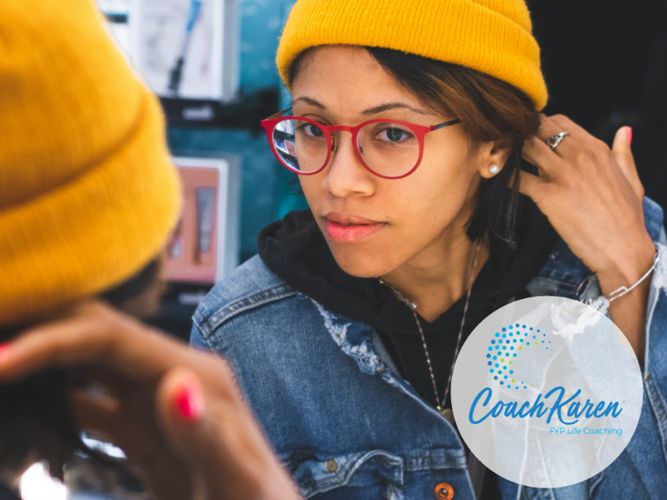Famous American singer-songwriter, Billy Joel once sang that “honesty is such a lonely word,” suggesting that honesty is a very rare quality in all kinds of relationships - personal, professional, and social. If you were to be completely honest … truly honest … how often do you tell the truth? Now, if you genuinely answer that question, how do I know you are not lying?
Happy National Honesty Day!
National Honesty Day is celebrated in the USA on April 30th each year. It is a day that celebrates honesty and straightforwardness in all areas: politics, relationships, consumer relations, and historical education. Former press secretary M. Hirsh Goldberg of Maryland introduced this holiday in the early 1990’s as part of the process of writing his book The Book of Lies: Fibs, Tales, Schemes, Scams, Fakes, and Frauds That Have Changed the Course of History and Affect Our Daily Lives. This holiday is the antithesis of April Fool’s Day – a day which celebrates falsehoods, dishonesty, and various pranks. Thus, it’s placed at the opposite end of the month from its foolish cousin.
The concept for the day is simple: Ask direct questions without ulterior motives and expect brutally honest answers. For some, this could be the first step to creating clear communication between two individuals that allows proper understanding. Failing to be honest in any personal or professional relationships can lead to various problems.
Anyone who is observing this day can ask anyone they want a question and expect an honest answer in return. Of course, for this to work, the other person must not only be aware of this holiday but also willing be a participant. Perhaps most importantly, respondents also must be completely honest.
Defining Honesty
Honesty, I believe, starts with Integrity. According to Wikipedia, “Integrity is the practice of being honest and showing a consistent and uncompromising adherence to strong moral and ethical principles and values. In ethics, integrity is regarded as the honesty and truthfulness or accuracy of one's actions.”
Integrity is more than just honesty; it is being in line with a specific set of values. So, it is that if you are in integrity, you are in line with your values.
Honest with Yourself
For you to be truly honest with yourself, you need to first look at your Values.
For the last 26 years as a life coach, I’ve worked with teenagers through C-Suite executives and defining values is an integral part for everyone.
One activity I like to do is a Values Sort. This includes a sort of 16 or more standard values in which you narrow down your top 5 and rank them. You can easily Google “Value Sort Card” and come up with various sorts to choose from.
For example, my highest values are – Family, Integrity, Love, Achievement, Education. But everyone iw different. It’s always fun to see what people come up with and why.
With your values defined, the real test is to see how you live out those values. To do this, I recommend a Values Test.
For this test you look at:
- Your last credit card or bank statement
- Your last month’s calendar or schedule
- The last month of pictures on your phone or camera
What you truly value are those things and experiences on which you spend money, spend time, and capture in memory.
Are your actions congruent with your espoused values? If not, why not? What will you choose to do about it?
Next, you need to look at your goals.
Goals are more than creating plans. They are a way to hold yourself accountable to what’s important to you and a way to strive to live a more authentic life.
Reviewing your goals is straight forward:
- Start by reflecting on your accomplishments of the last year. What are your wins & celebrations?
- Then, consider where you’d like to be a year from now. What goals have you set for yourself to get there? How much action have you taken?
The past goals you have set, and their successes and failures, teach you about your motivation and commitment to yourself. Are you in integrity? Have you been honest with the goals you set for yourself? Or have you lied to yourself, consciously or unconsciously, and sabotaged your own success?
(One of the things I do as a life coach is to tap into the wire of your brain using Neurolinguistics Programming. If you are curious what this is and how it might help you, get on my calendar for a free 20-minute phone consultation to find out more.)
Honest with Others
Even though I’ve separated this portion of honesty, it truly is a third step in being honest with yourself. Your relationships are an important part of being in integrity.
What do you look for in healthy relationships with others? These are people who support you when you need it and supporting them makes you feel good.
Do you have anyone who is toxic in your life? This is a person who drains your energy when you think of them or when you’re around them. They may be negative all the time. They may even be emotionally or physically abusive. Be honest with yourself and with them. Set boundaries, give feedback, and if necessary, remove them from your life.
A great exercise in feedback is to use the SBI model I’ve used for 26 years. This model allows you to be totally honest and approach them kindly, without putting them on defense. SIB stands for:
- Situation
By anchoring your feedback in a specific time and place, you create a clear image of the situation you want to discuss. There is also a voyeuristic element. You’ve just started a movie of what happened.
- Behavior
Address the behavior that impacted you. Use specific descriptions of both the verbal and non-verbal behaviors you witness and describe them without judgement or interpretation.
- Impact
Finally, describe the impact the behavior had on your thoughts and emotions.
Honesty is an important part of all relationships, whether it be with friends, family, or ourselves. By living in integrity, we give the world the best version of ourselves and live the most authentic life.




















